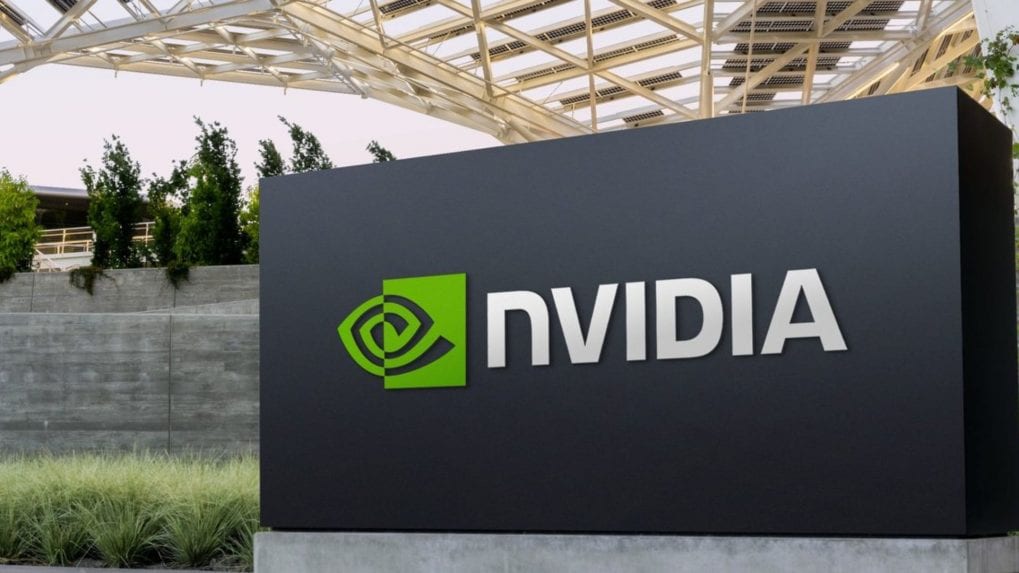Agency News
'Why buy a network that even Dentsu couldn’t fix?': Inside the gamble of Dentsu's international arm sale

Despite U.S. export restrictions, Nvidia’s advanced AI chips—valued at over $1 billion—reportedly found their way into China through unofficial black market channels, according to an investigative report by the Financial Times. The chips include Nvidia’s powerful B200 processors, which were specifically banned for sale to China by Washington as part of broader efforts to restrict China’s access to cutting-edge AI technology.
The FT investigation, citing company filings, contracts, and sources familiar with the matter, revealed that between February and May, a number of Chinese distributors from provinces including Guangdong, Zhejiang, and Anhui managed to procure and sell banned Nvidia hardware—including the B200, H100, and H200—to local AI data center providers. These chips are integral to training large-scale AI models, which form the backbone of China’s fast-evolving AI industry.
Although the U.S. had tightened controls to limit access to such semiconductors, demand in China continued to soar. In response, grey-market activity spiked, with Chinese buyers reportedly sourcing chips via Southeast Asian markets, including Thailand—prompting U.S. officials to consider further export restrictions to the region by September.
Nvidia, for its part, acknowledged the issue but downplayed the practical value of unauthorized chip use. In a statement to Reuters, the company noted that building data centers with smuggled hardware was “inefficient both technically and financially,” adding that support services were only available for authorized and legitimate products.
While Reuters was unable to independently verify the FT’s findings, the report raises questions about the enforcement of trade controls and highlights the intense technological rivalry between the U.S. and China. As both nations compete for dominance in the AI space, companies like Nvidia are left navigating complex geopolitical and regulatory pressures. The U.S. Department of Commerce, White House, and Thai government have not yet commented on the revelations.
Today’s B2B marketers wear many hats: strategist, technologist, and storyteller.
Read MoreThe GCC's expansion is not limited to GIFT City. These centres are also accelerating in tier-2 locations such as Bhubaneshwar, Coimbatore, Kochi, and Chandigarh, where promising talent pools are attracting interest